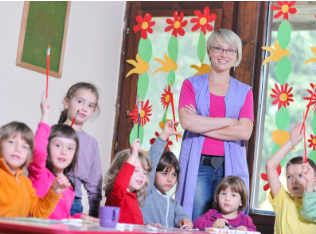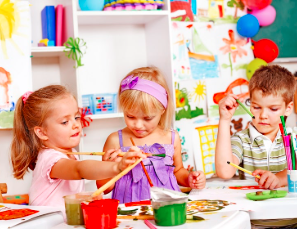Preschool plays a vital role in laying the foundation for strong communication skills in young children. In a nurturing and interactive setting, children begin to express themselves, listen to others, and understand the basics of conversation. These early experiences shape how they connect with the world and build confidence in social situations.
One of the most significant ways preschool supports communication is through guided group activities. Circle time, storytelling, and singing songs offer natural opportunities for children to listen, speak, and respond. Teachers gently encourage each child to participate, whether by asking questions, sharing thoughts, or repeating key words. These small moments build vocabulary and teach the rhythm of conversation.
Play-based learning is another essential piece. When children engage in pretend play or build together with blocks, they learn to explain their ideas, solve simple problems through words, and take turns speaking. These peer interactions foster both expressive and receptive language—the ability to communicate and to understand others.
Preschool educators also model clear and respectful communication. They use gestures, eye contact, and tone to reinforce meaning, helping children grasp both verbal and non-verbal cues. Over time, children start to mirror these behaviors, learning how to communicate more effectively with peers and adults.
Importantly, preschools create a supportive environment where every child’s voice matters. Whether a child is naturally talkative or still developing confidence, teachers provide encouragement and positive reinforcement. This helps children feel safe to speak up, ask questions, and engage in conversations.
In short, preschool is more than just a place for early learning—it’s a space where young children begin to find their voice. Through guided interaction, play, and consistent support, preschool helps children build the communication skills they’ll carry throughout their lives.


